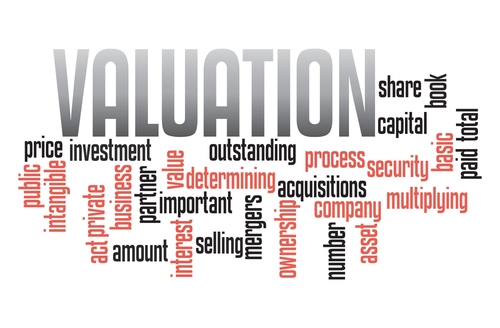Normalizing Adjustments in Business Valuation

In any business valuation, valuation experts take into consideration normalizing adjustments for the subject company. The goal of making normalizing adjustments is to provide a foundation for developing future expectations about the subject company by eliminating non-recurring, non-operating or discretionary items and to present the past results of the subject company on a consistent basis. Some of the common normalizing adjustments that valuation experts take into consideration when valuing a business include the following:
Income Statement Normalizations
- Management compensation – Is the amount paid to the officers representative of the fair market value of the officer’s services?
- Unusual gains and losses – Have there been any expenses incurred that are not expected to recur in the future? Was a legal settlement paid or received?
- Gains/losses on the sale of fixed assets – Have there been any sales of fixed assets, which are oftentimes considered outside the course of a company’s day-to-day operations?
- Discretionary expenses – Does the company incur expenses that are incurred at the direction of the owners and not related to the operations of the business?
- Inventory accounting methods – Is the company using FIFO or LIFO to account for inventory? If the company is on the LIFO method of accounting during periods of increasing prices, is the inventory value reported in the balance representative of the true economic value of the inventory?
- Allowance for doubtful accounts – Is the receivable balance reported on the balance sheet representative of the amount actually expected to be collectible?
- Off balance sheet assets and liabilities – Have all the assets and liabilities been recorded on the balance sheet?
- Fixed assets – Is the net book value of the company’s assets actually reflective of their fair market value?
These are just a few of the normalizing adjustments that valuation experts take into consideration when valuing a business. Valuation experts have discussions with the management team and also analyze the company’s historical financial statements to develop an understanding over the trends that drive the company’s operating results and identify potential normalizing adjustments.
One thing to note is that income statement normalizing adjustments have more than a dollar for dollar impact on the value of a company. For example, if a $20,000 normalizing adjustment is identified for a non-recurring expense and the company’s capitalization rate is 20%, this adjustment would have a $100,000 ($20,000 / 20%) impact on value. This emphasizes the importance of the normalization process in any valuation.
Identifying normalizing adjustments is a key component to any valuation. You can prepare yourself on the front-end and assist in the valuation process by identifying potential normalizing adjustments for your valuation expert. While not every potential adjustment may be incorporated into the final valuation analysis, no one is better equipped than management to identify non-recurring, non-operating or discretionary items in a company’s historical financial statements.
For more information on normalizations and Valuation and Litigation Advisory Services, contact us at (855) MARCUM1.



















